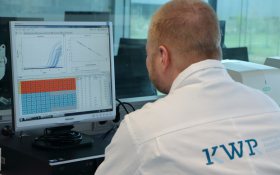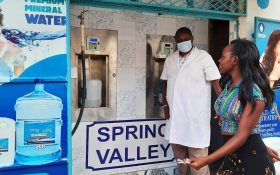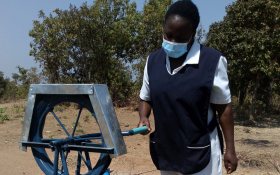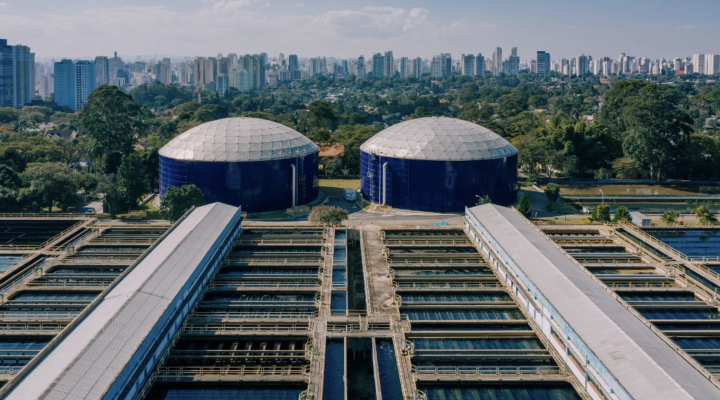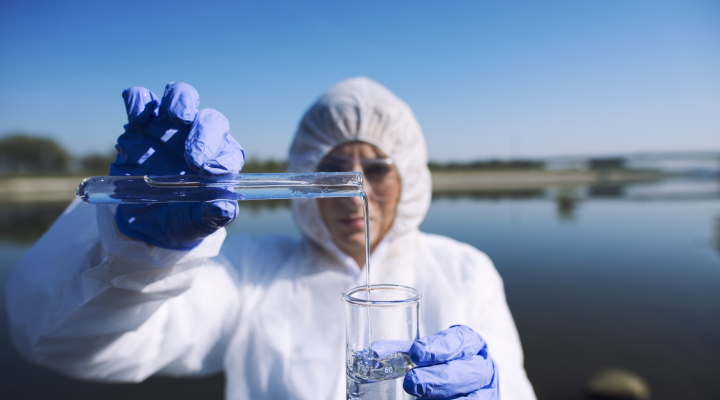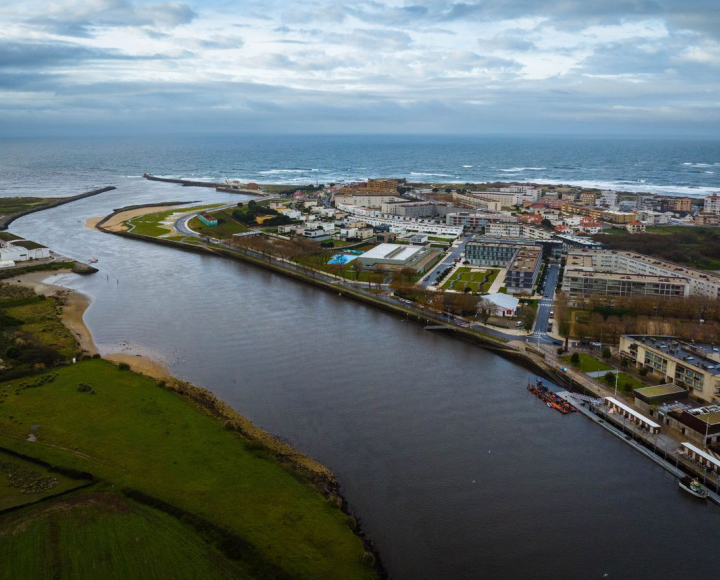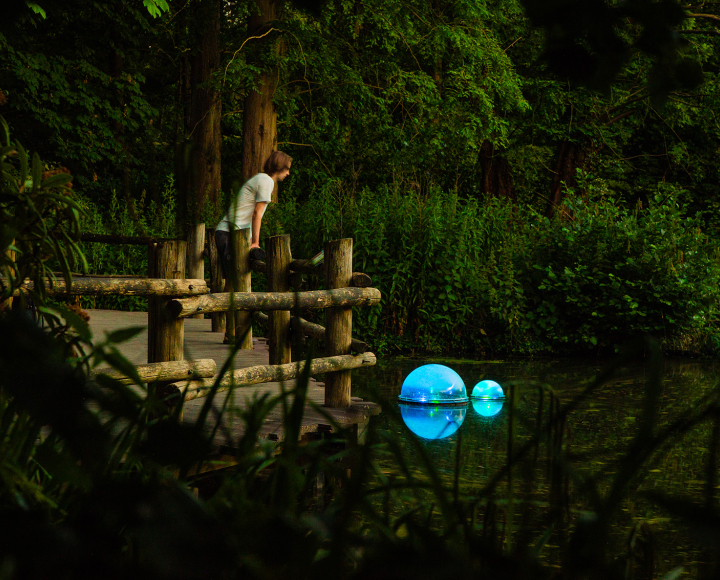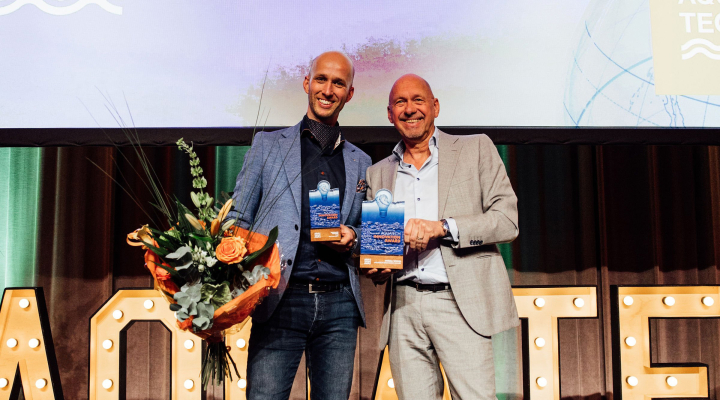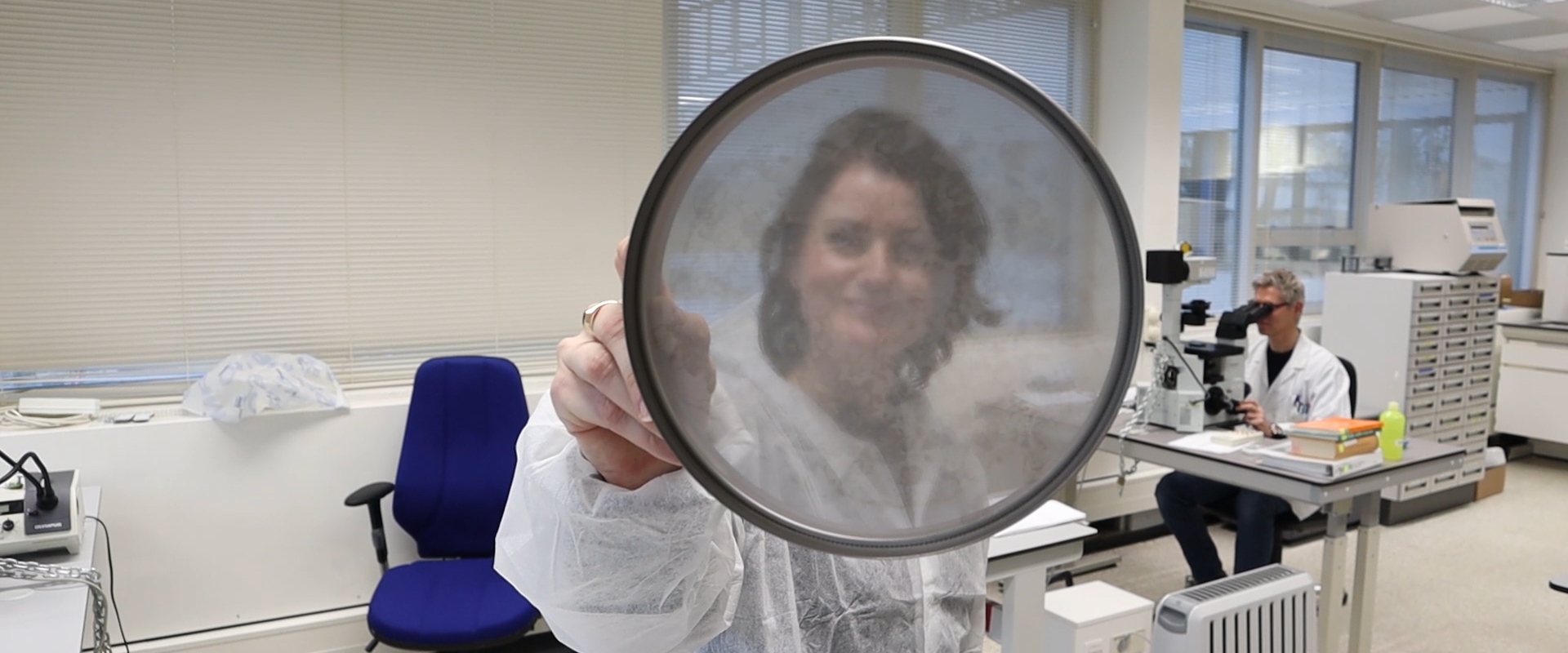
The most trending papers on water science: Covid and microplastics
Water Research, a Journal of the International Water Association (IWA), recently published a list of publications that have been downloaded most during the past 90 days. The Top 10 is fully dominated by two themes: Covid and microplastics.
A review of this remarkable Top 10 and some remarks by Water Research-editor professor Mark van Loosdrecht of Delft University of Technology.
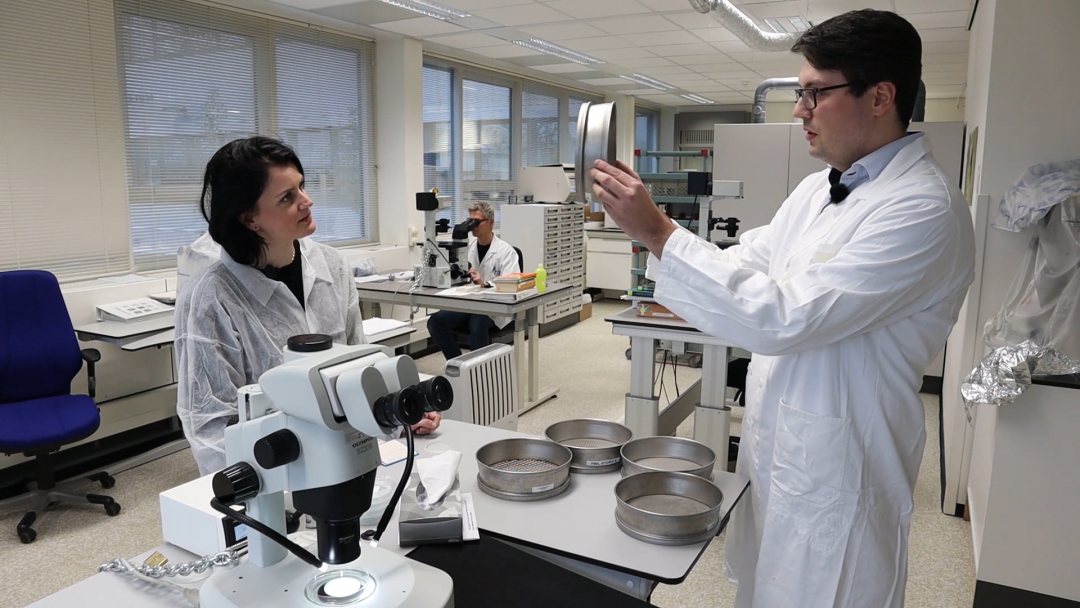

Only two topics
Water Research publishes a wide range of scientific papers on water-related aspects of the technology of the anthropogenic water cycle. These publications mostly highlight the results of the latest scientific studies, but sometimes also cover a review of state-of-art technologies.
Remarkably, the bulk of downloads of scientific papers can by narrowed down to two topics. The Top 10 of most downloaded papers over the past 90 days, concerns Covid and microplastics. Other less trending topics are: Treatment of oil spills, and Peracetic acid-based advanced oxidation.
Scoping review on Covid in water
Ranking at the top is an Italian review of the most important scientific studies on the presence of Covid-19 in water environments. It was published late-April 2020 and summarizes 12 studies on the survival of Covid in waters, occurrence in water and methods to recover Covid from waters.
One of the most important conclusions of the review is that water scientists have no current evidence of human coronaviruses present in surface or ground waters or transmissions through contaminated drinking water. The SARS Covid-19 virus has been detected in waste water but not as infectious particles.
In the early stage of the outbreak of the pandemic, the potential spreading through the water environment was a major concern. This may explain the high ranking of this paper.
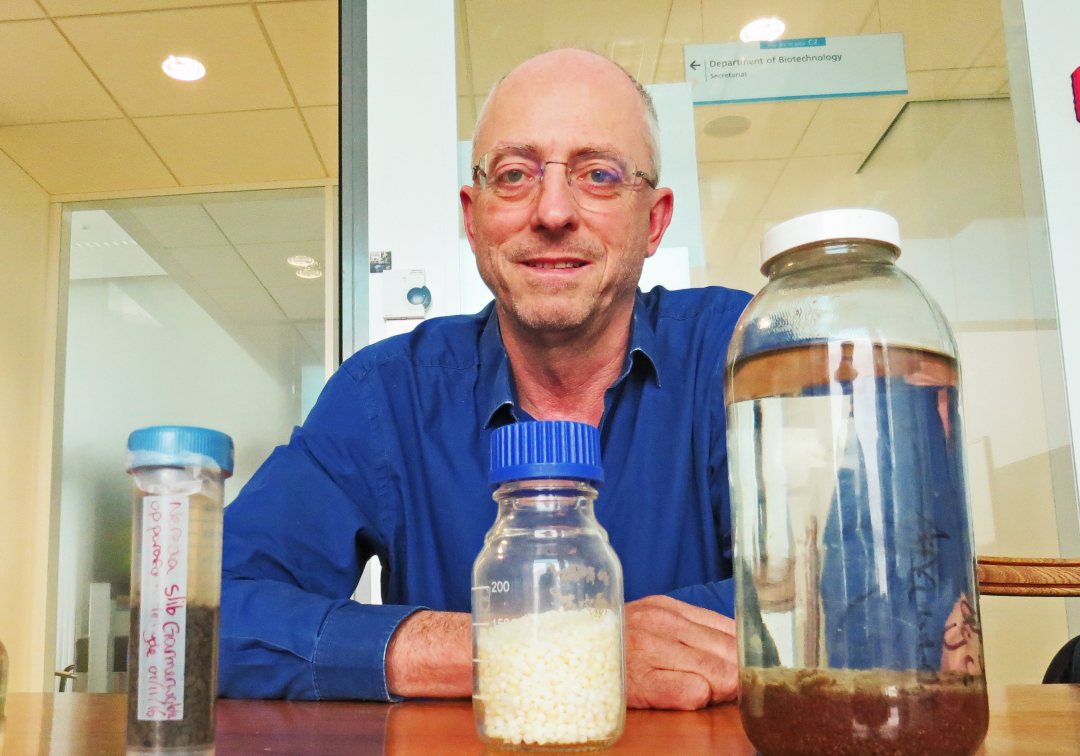

Interest from outside the water sector
Professor Mark van Loosdrecht of Delft University of Technology is not really surprised by the high ranking of the two topics. Van Loosdrecht is one of the editors of the Water Research journal and reviews many papers for publication.
‘For both topics, there is a large interest from outside the water community’, says Van Loosdrecht. ‘Papers that review the existing scientific research are always well read. Especially by outsiders’.
‘The high ranking of Covid-19 at this moment makes sense, but I expect the interest to disappear when the pandemic is over’, he continues. This will not be the case with the topic of microplastics in the water environment, according to Van Loosdrecht. ‘Its presence plays an important role in the current environmental debate, next to persistent micropollutants such as PFAS. However, these chemicals are harder to be studied than microplastics. This probably explains the larger numbers of studies in microplastics.’
He hopes that the current interest for Covid-19 will boost the water research in the field of epidemiology . ‘Attention for Covid opens up an area that was already lingering but now we can pay our full attention to water based epidemiology’.
Recognition for new breakthroughs
From his own experiences Van Loosdrecht knows that, in general, there is little attention for scientific research on breakthroughs. ‘Real new breakthroughs are hardly recognized in the beginning. We have seen that with our research here in Delft on the Anammox wastewater treatment process and our research on aerobic granular sludge. Today, 20 years later, our papers are well read and cited.’
He expects that the current interest for Covid-19 in the water environment will give a strong boost to research on wastewater epidemiology in general.




